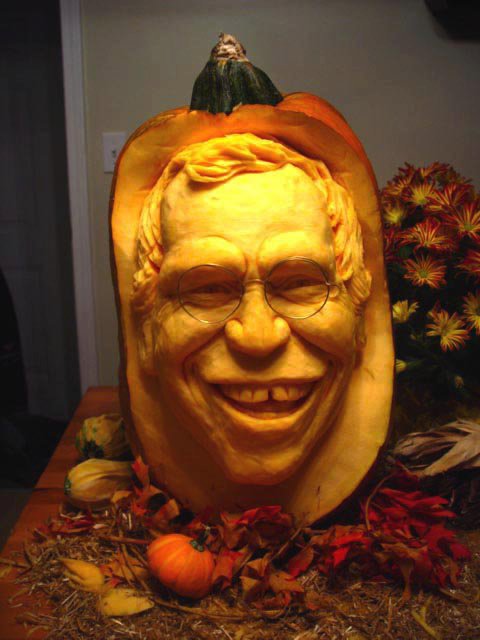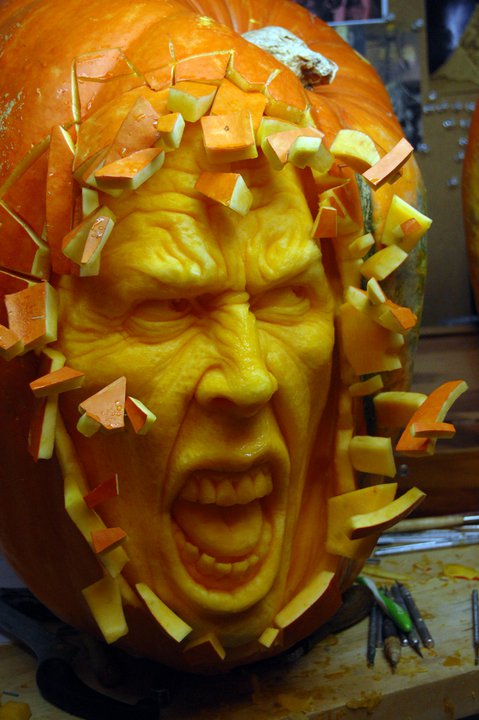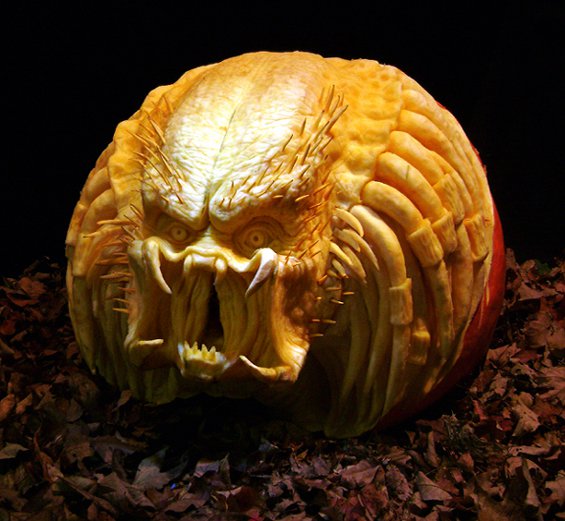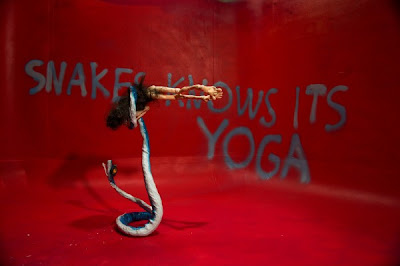 This is an awesome interview. I didn't know that Herbie was Buddhist.
This is an awesome interview. I didn't know that Herbie was Buddhist.MR: It seems like that's where growth comes from. If you get out of your habits, it seems like that's the only potential for growth.
HH: Right, absolutely, and Miles encouraged that. He would always say things like, "I pay you to practice on the bandstand," and he would say things about getting out of the comfort zone. That's what we talked about back in the day, and that's one of the reasons that I first started practicing Buddhism, the musical reason--it was very much compatible with my training with Miles and others. Of course, that was the tip of the iceberg. Music is not the only reason that I practice Buddhism anymore because it has affected my whole life. As a matter of fact, the way I view myself is different now than it was for the vast majority of my life. I don't view myself as a musician anymore--I view myself as a human being that functions as a musician when I'm functioning as a musician, but that's not 24 hours a day. That's really opened me up to even more perspectives because now I look at music, not from the standpoint of being a musician, but from the standpoint of being a human being.
MR: I get that, totally. When you think of it as a form of communication, what you've done is evolved your particular form because it's growing at the same level as your spirituality and being a human.
HH: Exactly. Buddhism has turned me on to my humanness, and is challenging my humanness so that I can become more human. What I'm talking about is the best of what the human spirit has to offer. So, we're talking about things like courage, wisdom, compassion, and those kinds of things.
MR: Higher purpose and higher senses.
HH: Exactly.
The complete interview
hereMore
here


















































